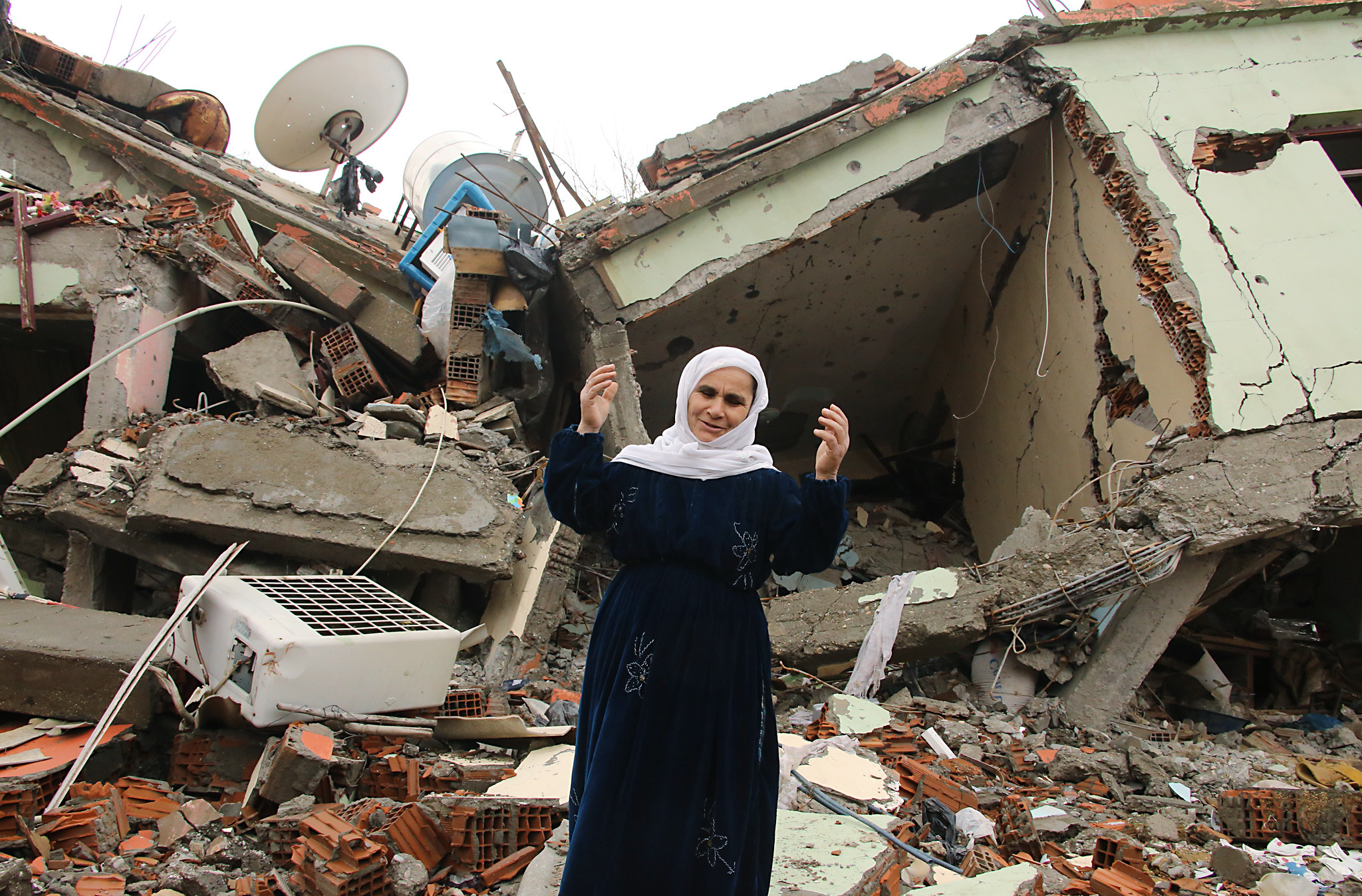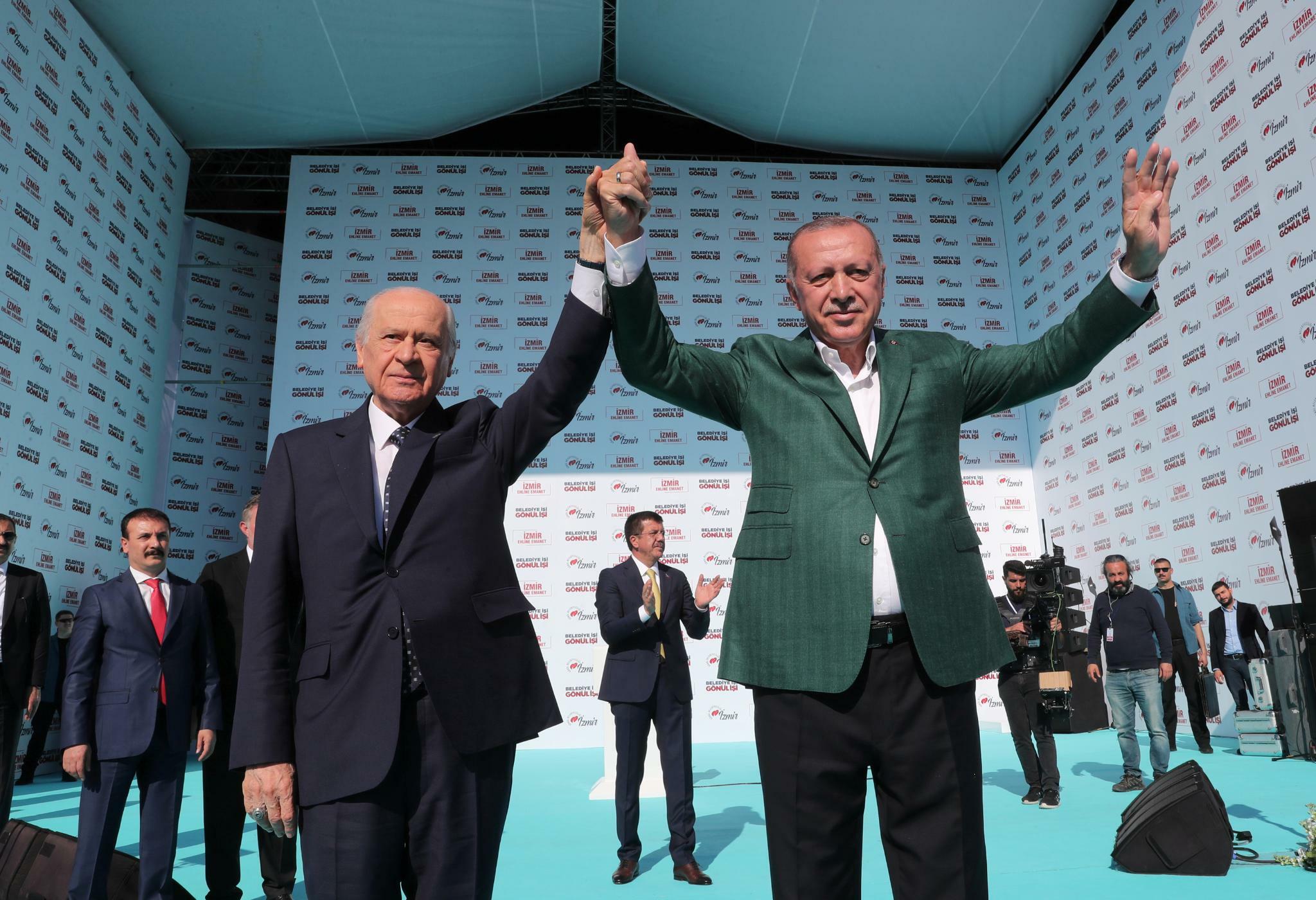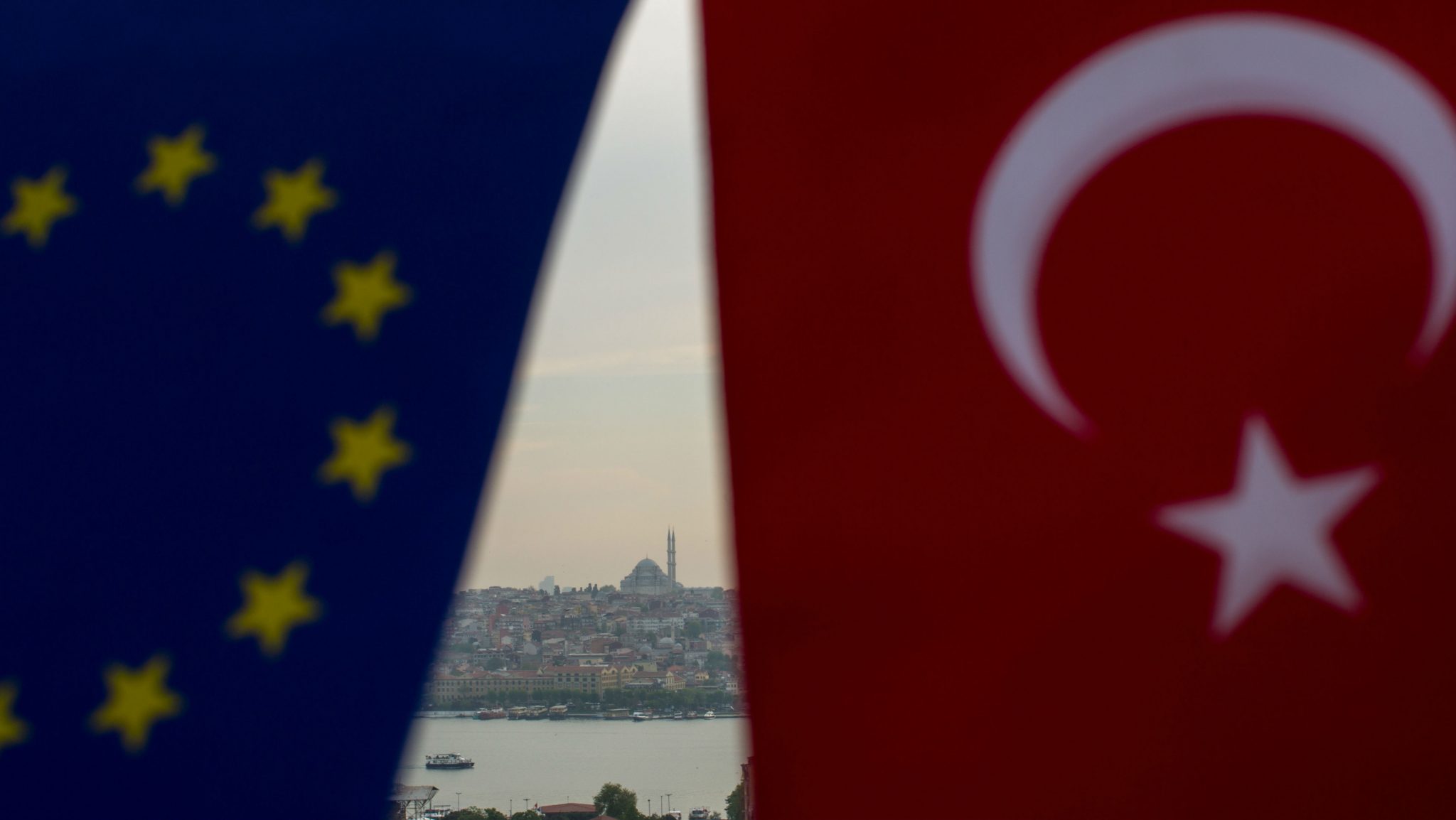
by Yavuz Baydar
‘Never mind those, it’s going to be a very tough time ahead…’
When I met Marty Beth Long at the well-attended Rome MED – Mediterranean Dialogues conference in the Italian capital, I went rapidly into the subject on how optimistic close circles of Turkish President Erdoğan kept sounding about the election of Donald Trump before she interrupted me with those words.
She was the right person to check the pulse of Washington these days. Long affiliated with the operational branches of the CIA, she had served as undersecretaries for both Donald Rumsfeld and Robert Gates, secretaries of defence under George W Bush. Serving currently as an advisor to Supreme Allied Commander of NATO, Long cooperated also with Michael Flynn, Trump’s newly appointed national security adviser. Many see her in a key position if Mitt Romney is given the job as Secretary of State. She worked, together with former ambassador to Turkey, Eric Edelman, in the election campaign for Romney in 2012.
Long was keen in our chat on emphasizing the unpredictability of the new American president. Although part of the reason was that despite her earlier opposition to Trump, she may be expecting a role which she sees herself perfectly fit for, she also knew how troubled the relations between Turkey and the USA became, due to the policy zigzags of Erdoğan – and Obama.
After our conversation I had to leave Rome hastily, and it was my Turkish colleague, Cansu Çamlıbel – currently with daily Hürriyet – who had the chance to ‘interrogate’ her deeply.
What she explained to us, in a nutshell, was the following:
The ‘ambiguity’ about Trump’s foreign policy line may last longer than expected. We are now face to face with an inexperienced team. A crisis with North Korea, Iran, or even with China seems inevitable. This team will have to deal initially with crisis management on daily basis.
But what is known as a priority will not change: the fight against ISIS and Al Qaeda off-shoots. So far both Iraqi and Syrian Kurds were the most efficient forces in the combat. The USA from now on may treat these two Kurdish entities differently. It may continue to lend support for Iraqi peshmerga to pursue a stronger autonomy, as it will work to establish a Kurdish autonomy in northern Syria, as a buffer zone against the Russia-Iran-Syria axis. This strategy seems inevitable.
Long’s viewpoints should be taken as a basis for analysis on issues which has pushed Ankara and Washington apart, complicating also the balance sheet with a constantly growing Russian influence as a result of that disagreement.
Given also that the new members of the team, Michael Flynn and James Mattis, a former Marine Corps general now appointed as Secretary of Defence, mean a militarisation of the new administration, the fixation on ISIS and the role of the Kurdish battle units will remain an unchanged priority, posing challenges to Erdoğan and his military.
Ms Long predicts a silver lining in the pragmatism of the two leaders, business-minded as they are, to focus on transactional partnership, which they can eventually see as of mutual benefit. But, it will not be that easy for Erdoğan, who sees the large Kurdish community in Turkey as a threat for his political survival in the long run. The outlawed PKK’s organic and deep ties with the PYD fighters in Syria, and the de-facto autonomy in Rojava will be a tough nut to handle.
Yet, Long’s remarks reveal nuances in the critical issue: she implies that there is room for mutual understanding between Erdogan and Trump to focus more on Iraqi Kurds, led by Massoud Barzani, and find a common ground on the basis of incentives in the oil-rich Iraqi Kurdistan. Mike Pence, Vice-President-elect, promised also Barzani in a recent telephone call that Washington would increase its ties with the KRG and continue to assist peshmerga forces.
Erdoğan, on his part, balanced carefully between battling the PYD in Syria and deepening the dialogue – mainly on business – with the leadership of KRG. There has been an element of divisive intent in this policy, which concealed the hopes that Barzani would refrain from Syrian Kurds’ efforts to build autonomy along Turkey-Syria border, and even fight them. But so far Barzani treaded carefully, with the insight that the Kurdish independence requires an absence of fragmentation amongst the region’s Kurds.
Erdoğan will have to be far-sighted and creative, means Long. He will have to think deep, and offer Trump something he can not refuse. Yet, with Turkey now driven to instability due to shift to aggressive nationalsm and its Kurds angered at Erdoğan, there may not be a room for such thinking.
Long may be right: It will be a bumpy ride.



